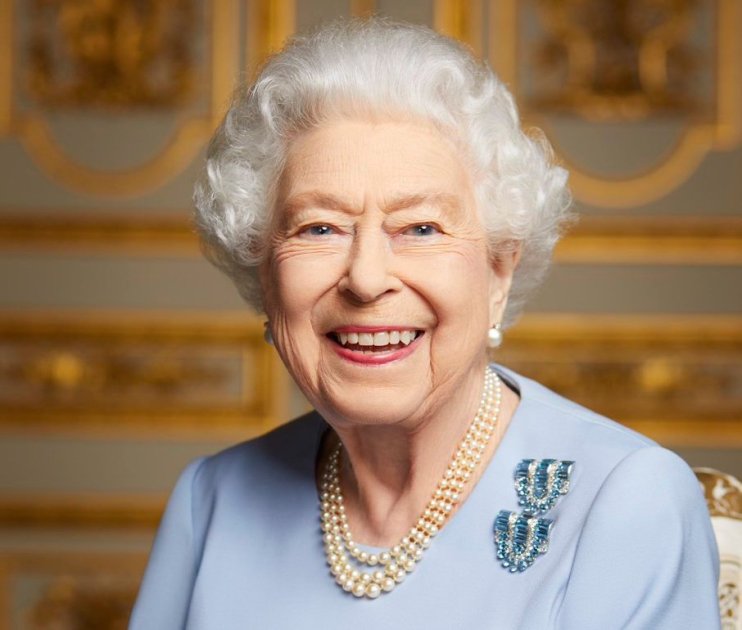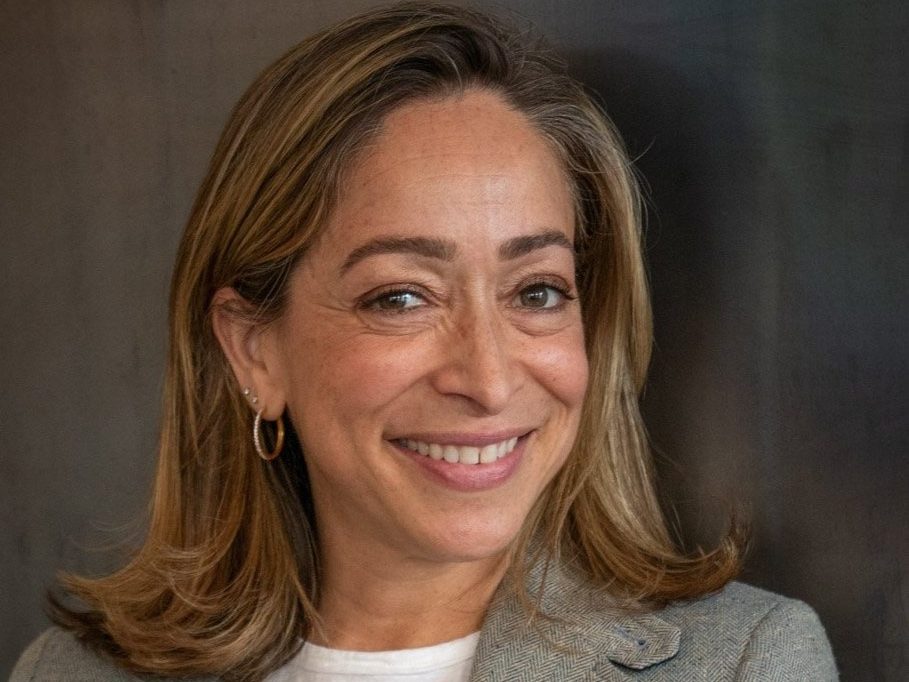Alejandra Sarmiento: Grief happens in stages

The funeral of Her Majesty the Queen united all in our grief.
Grief, like love, is universal. It is a feeling we experience but that words can not always accurately express. Often, it is a deeply personal or familial heartache. We mourn the loss of someone with whom we shared endless morning routines or late night adventures. We miss the mundane and we miss the magic we co-created. In other words, we miss the connection we once shared.
Collective grief is a shared expression of this loss of connection. This communal sense of sadness can be deeply and genuinely felt for someone who we have never personally met. It is a rupture that shocks and aches. For many, Queen Elizabeth II was a constant presence for decades. We knew what she represented. We unequivocally understood her values. In a world of ever-changing landscapes, Her Majesty The Queen offered solace and anchorage in her constancy.
In community, we are able to mourn openly. We respectfully accept the public grief with tolerance and grace. Yet, we do not always extend this depth of compassion for those who are mourning a private loss. We may not even have that degree of empathy with ourselves, often feeling that we should be over our sorrow by now when the wounds are still too raw.

Grief, like healing, happens in stages. As Elisabeth Kübler-Ross, the renown Swiss-American psychiatrist and one of the world’s greatest hospice pioneers, explains, there are five stages stages of grief: denial, anger, bargaining, depression, acceptance. However, it is important to understand that these stages are guidelines, rather than a perfect framework. Some may never accept the loss of their loved one. Others may stay angry, unable to find peace. And, yet, others may accept the reality of their loss soon after the death of someone they loved deeply.
After all, healing is not linear. It is never a neat process with a finite date that we can mark in the calendar. We cannot simply tick the box of whatever emotion we believe we should be feeling and just move on. Grief is love with nowhere to go. It is both a journey and a destination. It is unexpressed love. It leaves us feeling sad. Depressed.
The opposite of depression is not joy. The opposite of depression is expression. In this sense, perhaps it is helpful to include a sixth stage of healing as explained by David Kessler, one of world’s leading experts on grief and loss. Kessler points to the healing power to be found in meaning and in honouring our loved ones so that we can remember those who have died with more love than pain. Pay your respects, your way. Lay flowers. Say a prayer. Share stories of your loved ones. Light a candle. Raise a toast.
We may not be responsible for our inheritance, but we are responsible for our legacy. Collectively and privately, may we honour the legacies left behind by those we love, respect and cherish.
Alejandra Sarmiento is a psychotherapist and writes a ‘Headspace’ column